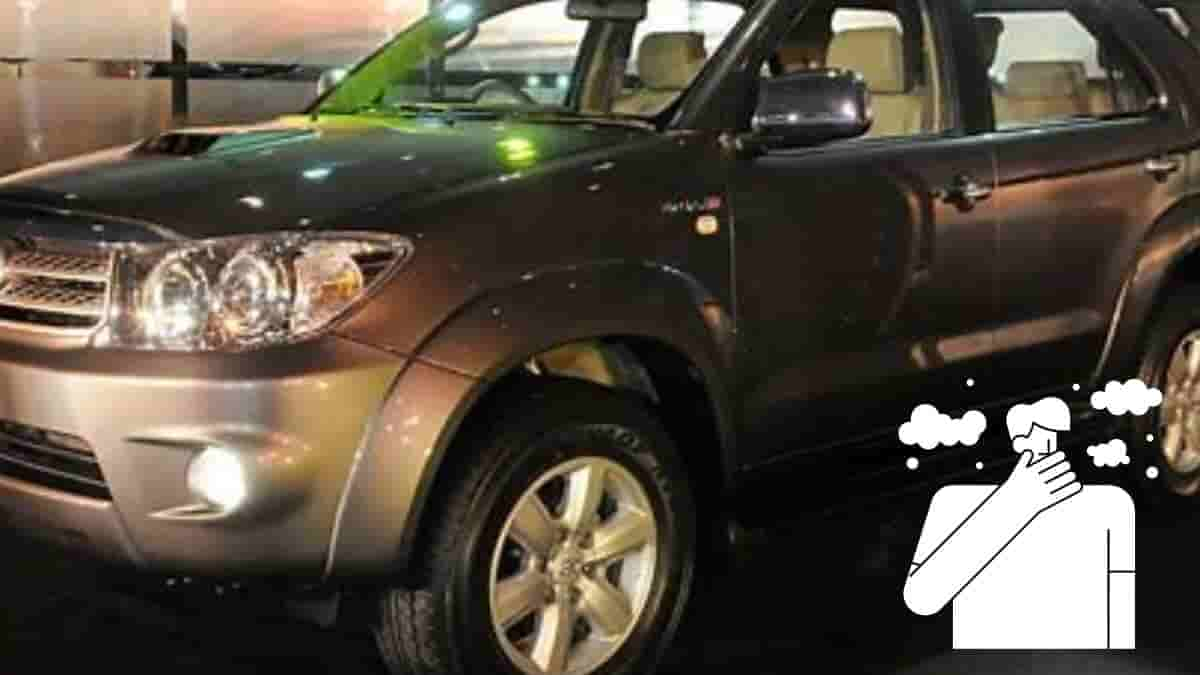Diesel cars emit dangerous pollutants much before their 10-year scrapping period, says research

Rajeev Kumar Mishra, an assistant professor in the department of environmental engineering at Delhi Technological University, recently conducted a study that found that diesel cars emit dangerous pollutants much more quickly than the city’s current 10-year vehicle scrapping ordinance. While age is a consideration, a diesel vehicle’s mileage has an impact as well and can render a vehicle unfit well before the age at which it should be discarded. The investigation focused on 460 diesel vehicles that were registered at the many RTOs in the capital city.
The vehicles’ failure to meet BS-IV emission standards after 7.5 years or 95,000 kilometers was found. When a vehicle turns 9 years old or has 1,25,000 kilometers on it, it no longer complies with BS-III.
If vehicles did not meet BS-III requirements, owners would not be able to get a pollution certification for them before the mandatory 10-year scrapping age. Even while the forecast age for BS-III violation is close to the benchmark of 10 years, the chance of BS-IV violation at just 75 years old should be cause for alarm.
The study also found that regular upkeep significantly affects when a diesel vehicle no longer complies with BS-IV emission requirements. Currently, there are 9 lakh diesel vehicles on Delhi’s roads, and due to strict BS-IV cutoffs, only 50 HSU are allowed to be discharged for each vehicle.
According to the BS-III criteria, this used to be 65 HSU units. The results significantly suggest changing the scrapping policy to consider a car’s mileage, even though only 5 to 8% of Delhi’s whole population of diesel cars have BS-III type engines.
But what about properly maintained private vehicles? A co-researcher named Abhinav Pandey asserts that BS-IV and BS-III compliance was found in older diesel vehicles with higher mileage. Maintenance-related factors include engine tuning, regular maintenance, and proper maintenance of emission control equipment like catalytic converters and diesel particle filters that capture gaseous pollutants and PM 2.5 and PM10 particulates produced by diesel engines.


